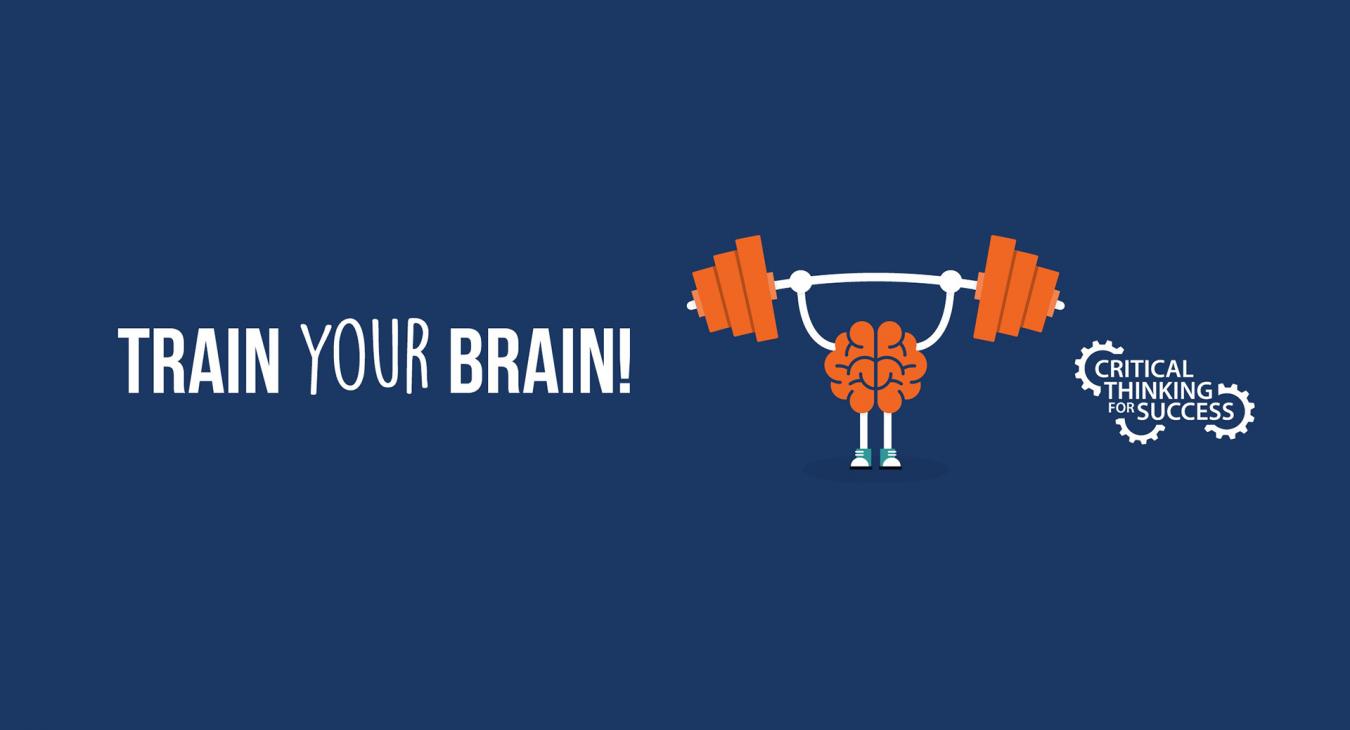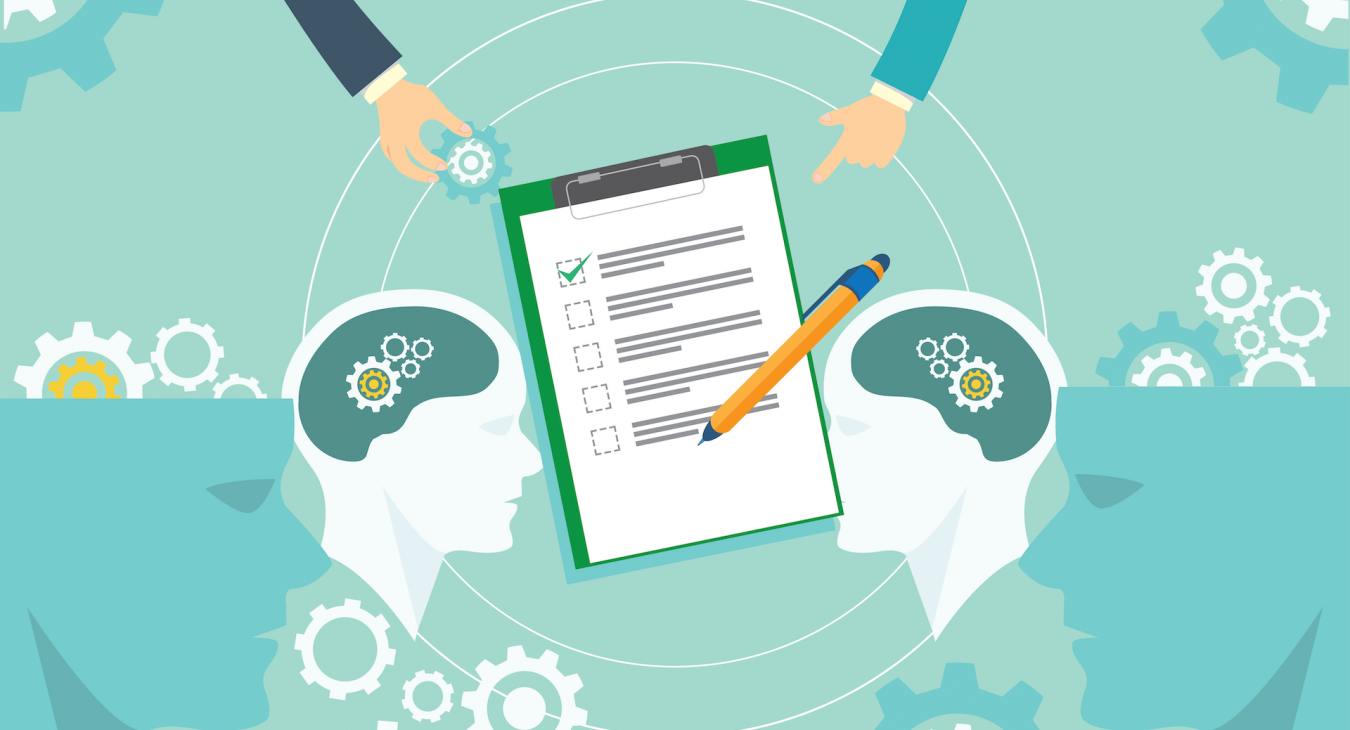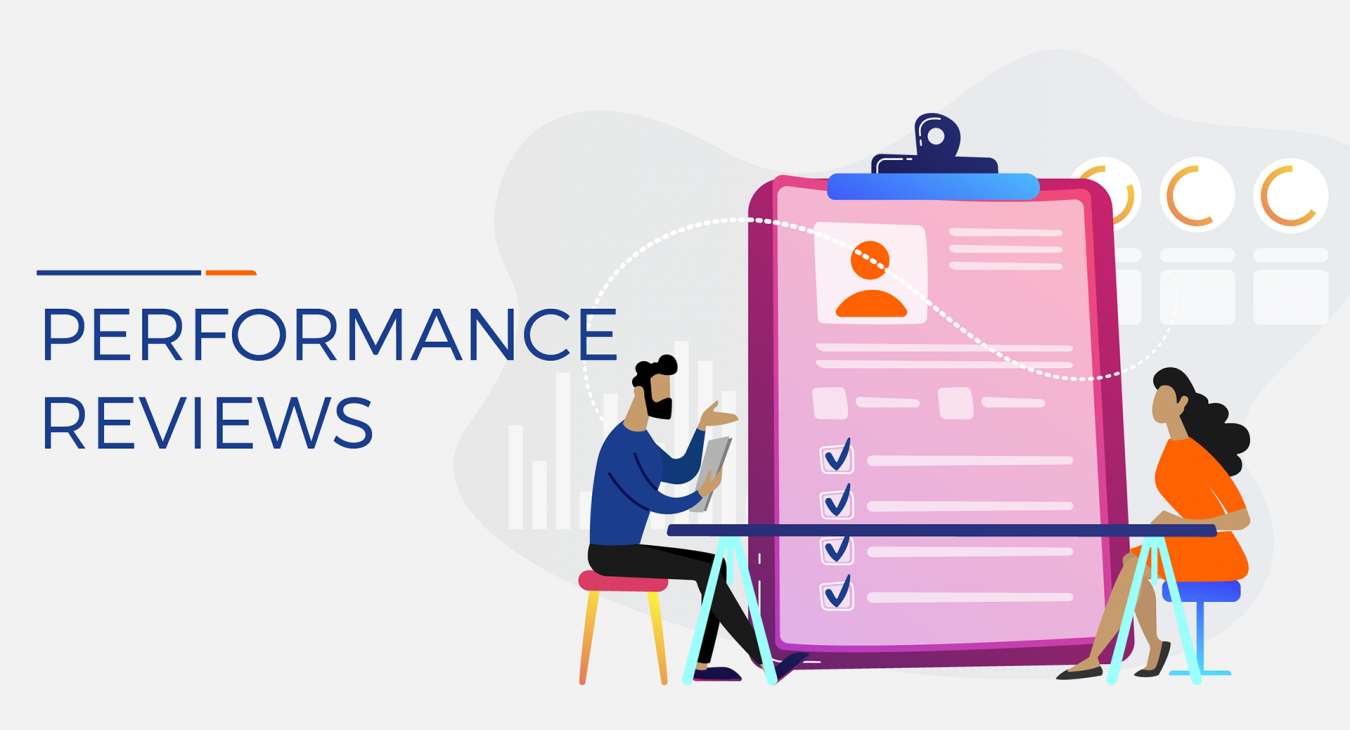Good Corporate Governance & Accountability project, championed by me has had several of the courses offered by Cy
Introduction
Max Depree said ,“the first responsibility of a leader is to define reality. The last is to say thank you. In between the two, the leader must become a servant and a debtor. That sums up the progress of an artful leader.”
Whether one is leading a conglomerate, a medium sized company or just a group of individuals, to be a successful leader, one needs to acquire a set of skills and develop behaviours that will mark you out. This course sets out to equip participants with the skills and behaviours required to excel as a leader.
Programme Benefits
Participants will be able to:
- Develop interpersonal skills that help them communicate, listen and handle conflicts in their supervisory role
- Become more effective at influencing others
- Accomplish goals and control outcomes when dealing with staff, peers, management and other departments
- Learn how to work with groups and teams to solve problems and accomplish projects
- Hold performance discussions that result in changed behavior and enhanced productivity
- Analyze and identify their own leadership style and behavior and recognize their strengths/weaknesses
- Learn to manage and adapt to change
Programme Outline
- Understanding Leadership
- Attributes of a good leader: The Situational Leadership model and The Leadership Effectiveness and Adaptability Description (LEAD)
- Communication Processes
- Prioritising and Time Management
- Setting Goals and Targets
- Motivating Employees
- Coaching for Better Performance
- Providing Effective feedback
- Conducting Appraisals
- Effective delegation
- Managing low performers
- Handling Conflicts
- Managing Change
- Critical Skill Analysis: Personal, Interpersonal and Group Skills
Introduction
Coaching is a practical aspect of leadership that not only enables supervisors/managers to unlock potentials of their subordinates but also builds better relationships by continuously guiding and inspiring them. Coaching is important to improve employee performance.
More and more organizations are buying into this approach to achieve a lasting result. This programme will help participants become better coaches to their team members, thereby improving overall performance of the team.
Programme Benefits
This programme will help participants to:
- Confront difficult situations with confidence
- Create a team environment that fosters synergy
- Identify employee problems and ways to help correct them
- Recognize employees’ strengths and give them the feedback they need to succeed
- Identify their leadership capabilities, possible challenges and potential areas for improvement
- Build the trust and rapport necessary for coaching employees effectively
- Learn to manage conflict and stress
- Learn how to listen with an empathetic ear and encourage open, two-way communication
Programme Outline
- Coaching and its importance
- Difference between Coaching & Mentoring
- Phases of Coaching
– Preparation
– Negotiation
– Enabling
– Feedback
– Dealing with Obstacles
– Follow Up - Motivation & Coaching
- Mentoring and its importance
- Phases of Mentoring
- The Role & Skills of a Mentor
- Self-assessment as a Mentor
- Organizational behavior for a Mentor
- Values of Coaching & Mentoring
- Delegation & Succession Planning in Mentoring
- Building a Mentoring Culture
– Accountability
– Alignment
– Creating an environment of open and honest Communication
– Value and Visibility
– Demand
– Multiple mentoring opportunities
– Education and Training
– Safety Nets
Learning from real life examples – Sport Coaches and Successful Mentors
Introduction
Communication is the exchange and flow of information and ideas from one person to another. Effective communication helps us to better understand a person or situation and enables us to resolve differences, build trust and invariably achieve organisational goals.
Programme Benefits
This programme will teach participants how to:
- Demonstrate the use of open and closed questions
- Identify every behavioural style and its unique challenges
- Describe a model of feedback, communication and listening
- List tactics for dealing with difficult people
- Organise information in a clear and concise manner
- Create an attention grabbing introduction
- Implement techniques for varying your vocal tones and body language
- Develop strategies for handling hecklers, distractions and other participants
Programme Outline
- Tact and Diplomacy Skills
- Understanding Communication and its different styles
- Performance Feedback
- Effective Listening Skills
- Handling difficult Situations and Personalities
- Effective Meetings
- Art of Public Speaking
- Understanding Visual Aids (Flipcharts, Powerpoint, Slides, etc)
Introduction
Much of the work managers do revolves around solving problems and making decisions. The ability to proffer timely and lasting solutions to problems differs from one person to the other.
It is not just creativity but the ability to understand the problem, search for and find facts relating to it and harnessing these facts in a sequence and manner that it solves the problem.
Programme Benefits
This programme will teach participants how to:
- Think outside the box and work towards creative solutions
- Avoid attitudes that hinder problem solving and adopt those that increase chances of success
- Explore and define the problem systematically by viewing it from different angles and search for root causes
- Make qualitative decisions by evaluating various aspects of potential solutions using a systematic method
- Create an action plan for solving future problems
Programme Outline
- Attitudes that hinder problem solving
- 2 Steps in Problem Solving
o Problem Identification
o Problem Solving - Problem Solving Tools
o SWOT Analysis
o Pareto Principle
o Problem Restatement
o Brainstorming - Six Way Approach to Decision Making: Edward DeBono’s Thinking Hats
- Decision Analysis
Introduction
Conflict is people having differing needs, opinions and expectations. Though conflict is an unavoidable and normal part of life which we all experience constantly, conflict in the work place if not managed effectively affects productivity and performance, creates workplace stress and de-motivates employees.
It requires skills to manage and resolve conflicts. This course is to help participants understand and develop these skills which are essential for organisational development.
Programme Benefits
Participants will learn:
- What conflict is and how it can escalate
- Working more effectively with others through honest and open communication
- Some effective techniques for intervention
- How to strengthen staff trust and morale
- Understanding others’ underlying concerns and reach win-win situations
- Conflict resolution styles
Programme Outline
Understanding Conflict
- Defining Conflict
- Understanding levels of Conflict
- Sources and Types of Conflicts
- Traditional ways of handling Conflict
Persuasion
- Indepth Persuasion
- Using others to persuade
- Empathy
- Managing Emotions
Dealing with Aggressive and Submissive behaviours
Communication: Its role in Conflict Resolution
Negotiation
- Types of Negotiation
- Stages of Negotiation
- Skills of Negotiation
Making an Intervention
The Art of saying ‘No’
Introduction
Emotions are the essence of mankind. Recently in the business world, Emotional Intelligence has become well known as the critical component of leadership effectiveness. Emotional Intelligence simply means intelligent managing of emotions and relationships. Studies have shown that intellect (IQ) and business expertise can only take you so far if emotional intelligence is lacking.
Programme Benefits
Participants will be able to:
- Understand what emotional intelligence is and the difference between EI, EQ and IQ
- Identify the common human emotions
- Identify the main EI competencies and know how each area can contribute to your personality and interaction with others
- Identify and understand the inter-relationships between emotions, thoughts and behaviours
- Understand others’ needs systematically and respond accordingly to get maximum results in their interactions with them
- Incorporate feelings into analysis, reasoning, problem solving and decision making
Programme Overview
- Definition of Emotional Intelligence
- Primary Human Emotions – Where they come from and how they affect you
- The 5 Competencies of Emotional Intelligence
Intrapersonal
- Emotional Self-Awareness
- Assertiveness
- Self Regard
- Self Actualisation
- Independence
Interpersonal
- Interpersonal Relationship
- Empathy
- Social Responsibility
Adaptability
- Problem Solving
- Reality Testing
- Flexibility
Stress Management
- Stress Tolerance
- Impulse Control
General Mood
- Happiness
- Optimism
- Validating Emotions in Others: The Two Models
Introduction
Motivation is our drive or willingness to do something. Motivation in the work place therefore, in general terms is the process leaders use to get their employees to deliver high producing results. This course will expose participants to employees needs and how to create a more dynamic, energized and loyal work force.
Programme Benefits
Participants will learn:
- What Motivation is
- How to identify the link between motivation and employee performance
- To recognise the external factors that can influence performance
- Effective strategies to encourage and sustain positive attitude
- To see things from different perspectives
Programme Overview
- Building a strong Foundation: Communication Processes
- Creating a good work environment
- Coaching
- Employee Development
- Empowering Staff through Delegation
- Goal Setting: Locke’s Approach
- Motivational Theories
- Vroom’s Expectancy
- Mazlow’s Hierarchy
- Herzberg’s 2 Factor
- The Pygmalion Effect
- Alderfer’s ERG
Introduction
Getting the work done through others is the best way to accomplish tasks everyday. It is a skill required by every manager. It not only helps to reduce the workload and enables one to face other important issues but also develops employees’ skills.
Programme Benefits
This programme will teach participants how to:
- Understand the importance of delegating to others as a way to offload work and get more done in their busy life
- Face their fear of delegation and learn to think positively of delegating tasks to others
- Adopt an appropriate strategy to delegate the right task to the right people at the right time and in the right way
- Use a systematic step-by-step approach to brief people on what they want to delegate to them
- Follow a number of important guidelines to monitor the performance of the delegatee as well as their own performance when delegating
- Coach and empower others to perform at their peak and help them grow while completing a delegated task
Programme Outline
- What Delegation is
- Benefits of Delegation
- Delegation Strategies
- Levels of Delegation
- Monitoring and Controlling a delegated task
- Coaching
- Communication Skills
Introduction
How can one person get someone to do something with ease, while it’s a near-impossible task for someone else? Getting people to react the way we want and expanding our influence require insights that go beyond the actual process of influencing – and into the psychology of what truly causes us to say yes or no.
Persuasion is about having the right attitude as well as knowing a number of useful techniques that can be employed when interacting with others. This course is designed to help individuals to become better at this skill.
Programme Benefits
This programme will teach participants how to:
- Explore the psychology behind persuasion and understand the psychological/subconscious triggers that influence a person’s decision-making process, behaviors and reactions
- Take advantage of a number of persuasion strategies to guide people towards a direction of their choice
- Lead others more effectively
- Teach or train others more easily
- Deliver an engaging and persuasive story to inspire and convince their audience of their cause
- Become more productive as a results of better communication with others
- Use a number of psychological techniques to increase their success when influencing others
Programme Overview
- Persuasion: The Psychological Foundation
- The Two Paths of Persuasion: The Conscious and the Subconscious
- Laws of Persuasion
- Strategy
- Influence Techniques
- Principles of Influence
- Effective Communication Skills
Introduction
In the world today, we are faced with myriads of choices and decisions. Taking the right steps devoid of sentiments comes from a studied and conscious practice. Critical thinking is the ability to gather and assess information and evidence in a balanced and reflective way to reach conclusions that are justified by reasoned argument based on the available evidence. It is a key skill in this information age, valuable in all disciplines and professions. This programme will give participants some practical tools and hands-on experience with critical thinking and problem solving.
Programme Benefits
Participants will learn how to:
- Define critical and non-critical thinking
- Raise vital questions and problems, formulating them clearly and precisely
- Use the right techniques to recognize assumptions, distinguish facts from opinion, evaluate arguments, and draw conclusions
- Gather and assess relevant information, using abstract ideas to interpret it effectively
- Come to well-reasoned conclusions and solutions, testing them against relevant criteria and standards
- Communicate effectively with others in figuring out solutions to complex problems
- Prepare and present powerful arguments
Programme Overview
- Introduction to Critical Thinking
- Why Critical Thinking?
- Credibility and Relevance – Understanding the sources of information and nature of evidence
- Assessing and Developing Arguments
- Keys to Effective Thinking – The RED Approach
- Dealing with Assumptions
- Logic and Common Sense
- Barriers to Effective Critical Thinking
- Tools for Critical Thinking
- Brainstorming
- Individual Brainstorming
- Group Brainstorming
- Reverse Brainstorming
- Discontinuity Principle
- Block and Tackle Exercise
Introduction
Negotiation is a skill that we use almost every day. From an early age, kids learn how to negotiate with their parents over what they want and improve on this skill as they learn from their success. However, as we become older, we seem to lose that skill and become less successful in getting exactly what we want. Negotiation is an essential part of creating value for an organization. It is a key requirement for effectiveness.
Programme Benefits
This programme will teach participants:
- How to achieve better results in both formal and informal negotiations
- How to build confidence in their bargaining power and abilities
- How to improve negotiations by managing their emotions and influencing others
- To understand the benefits of good negotiation skills
- How to match the process to the context
- To understand how personal biases and cultural differences impact negotiations
- Various negotiation styles and their advantages and disadvantages
- Understand the basic negotiation principles like BATNA, etc
- Closing the deal
Programme Overview
- Stages of negotiation
- Understanding the negotiation process, the aims of each stage and what they involve
- Skills of negotiation
- Assertiveness
- Persuasiveness /Influencing Skills
- Conflict Resolution
- Preparing to negotiate
Understand preparation from various angles:
- Purpose
- Desired outcomes for both sides
- Profile of people present
- Interests and Positions of all parties
- Win-win negotiation
- Essentials of Negotiation
- Seeing Other Points of View
- Building the Relationship
- Reading Other People – Verbal and Non-Verbal
- Defining Your Negotiation Style
- Dealing with Emotions
- Playing the ‘Game’ of Negotiation
- What to Do When A Negotiation Breaks Down
- Working with Your Own Negotiation ‘Rules’ and Beliefs
- Dealing with Hidden Agendas
- Negotiables and Non-Negotiables:
- Knowing Your Bottom Line
- Knowing What to Give Away
- Making Decisions:
- Closing The Deal
- Action Planning
- Identifying personal development needs
- Using the workplace as a training ground to continually enhance these skills
Introduction
In our personal and professional lives, often times there will be conflicting duties. Part of being successful is knowing how to manage your time, as the demands on your time will increase. This course therefore, is designed to acquaint participants with various time management tools and techniques that will enable them come up with a personal plan that works for them.
Programme Benefits
This programme will teach participants:
- Difference between efficiency and effectiveness
- How to manage multiple priorities based on validity and urgency
- How to set goals and priorities
- How to redirect efforts to the most important and valid tasks
- The characteristics of a good organisational system
- To be able to recognise timewasters
- Quick and easy ways to handle non-valid tasks
- How to assess your personal efficiency – strengths and self management opportunities
Programme Overview
Organizing Your Day
- 80:20 Rule or Pareto Principle of Time Management
- Job Analysis
- What are the 20 percent of my job responsibilities that produce 80 percent of the results?
- Activity Logs
- Analyzing Your Time Log
- Currently is my focus on the 20 percent
- What should I do to include my core responsibilities?
- To-Do Lists & prioritization
Dealing with Common Time Wasters
- Interruptions
- Shifting Priorities
- Too Much Information
- Travel
Procrastination
- Causes
- Ways to Overcome Procrastination
Delegation
- Why Delegate?
- The Delegation Process
- Delegation for Time Management
- Delegation for Succession Planning
Work-life Balance
- Balancing your life wheel
- Ways to manage work-life balance
Introduction
Project Management is a carefully planned and organized effort to accomplish a project. Every organization at some point undertakes a project whether minor or major. Whatever the magnitude, certain indices have to be met. This program sets out to highlight the essential skills required to handle any project.
Programme Benefits
This programme will teach participants how to:
- Prepare Project Strategies
- Get necessary approvals in line with the project
- Create effective structures and teams for project organisation
- Manage risks associated with projects
- Quantify and Estimate Costs
- Work within timelines
- Evaluate, Assess and Appraise Projects
Programme Outline
- What is a Project?
- The Work Breakdown Structure
- Project Strategy
- Project Planning
- Role of Procurement and Contracts in Projects
- Project Resources (People, Money and Scheduling)
- Project Analysis
- Cost Estimation in Projects
- Project Risks
- Project Implementation
- Post Project Assessment/Appraisal
Introduction
A team is a group of people working together to achieve a common goal. Organisations are made up of units and teams. Teams therefore, are major components of organizations. It is not enough to bring together a group of highly skilled individuals and expect them to deliver.
They need to be built and developed to a formidable and performing team. Every team has its unique challenge. This program therefore, is to help managers and supervisors understand how to grow their units and departments to a formidable team.
Programme Benefits
This programme will teach participants how to:
- Identify how teams progress overtime and how this impacts team members and the leaders’ leadership style
- Evaluate a team’s balance based on Team Roles and use systematic methods to enhance the efficiency of a team’s intercommunication
- Use empathic communication and increase their understanding of emotional skills
- Deliver constructive feedback and praise efficiently while paying attention to both verbal and non-verbal communication
- Discover what you know about yourself and how others think of you
- Coach systematically to help others achieve more and become their trusted team member
Programme Outline
- What is a Team?
- Team Roles
- Team Life Cycles
- Effective Communication/Network Effect
- Emotional Intelligence: Role in Team Bonding
- Coaching Skills
- Team Building and Survival Skills
- Performance Review/Feedback
Introduction
Our performance in an organisation as individuals or as a group no doubt ultimately impact on its productivity. Certainly, many factors can affect our performance at work. An understanding and management of these factors by supervisors goes a long way in enhancing the capacity of their subordinates.
Programme Benefits
This programme will teach participants how to:
- Understand what drives performance and what inhibits it
- Recognise and apply performance measures
- Improve individual performance
- Influence the performance of others
- Improve performance management processes
- Advise managers and others who are seeking to improve performance
- Devise a successful performance management program
Programme Outline
- What is Performance?
- Performance – Inhibitors and Drivers
- Measuring Performance
- Performance Management Processes
- Developing a Performance Management program
Introduction
Conducting annual performance reviews is a task many supervisors are not comfortable with. Employees also during this period, express some level of anxiety about the process because it brings to fore how well they have performed – their areas of strengths and weaknesses. This course provides the information, tips and applications that will make the process easier, more comfortable and more effective in producing real employee performance improvement.
Programme Benefits
This programme will teach participants how to:
- Assess their own performance in conducting annual performance reviews with their employees and list actions they can take to improve the quality of their reviews
- Provide specific, realistic and tactful feedback to employees
- Describe the difference between standards and goals and explain the importance of both in improving employee performance
- Use informal performance reviews to provide ongoing feedback to employees and make the annual performance review a more effective performance development tool
- Document employee performance easily, succinctly and effectively for use in performance reviews or for other actions (discipline, training recommendations, promotions, etc.)
- Avoid common performance review errors that reduce their effectiveness for the employee, the manager and the company
- Follow a checklist to ensure key preparation activities are completed on a timely basis
- Conduct annual performance reviews that are more comfortable for the manager and the employee – and more effective in attaining higher levels of performance
Programme Outline
Introduction to Effective Performance Reviews
- Discovering what employees and managers are most concerned about when it comes to performance reviews
- Take a quick self-check to see where you’re at when it comes to performance reviews
- Uncover what effective feedback really is
- Learn the key characteristics of effective feedback
- Understand the steps in the performance review cycle
Standards, Goals and Interim Reviews
- Understanding the difference between a standard and a goal
- Why it’s helpful to managers and employees to have regular interim reviews
- Tips and tactics for documenting employee performance
- How to make documentation easy
- Uncovering common performance review errors
Conducting the Formal Performance Review
- How to tie it all together
- Discovering the manager’s checklist for conducting effective performance reviews
- How to prepare for the formal performance review
- The information you need to have available during the meeting
- Effective use of 360° feedback
- How to avoid the common mistakes managers and supervisors make when preparing for performance reviews
- How to anticipate disagreements and questions – and be prepared for them
- How to conduct a fair and constructive performance review
- Why you shouldn’t soft-pedal the issue
- What you need to understand about communicating with other personality styles
- Put what you’ve learned to the test in a role-play scenario
Introduction
Today more than ever, good manners mean good business. This course is designed to equip participants with important tools for projecting a professional image and building solid, productive relationships with business associates.
Programme Benefits
Participants will be able to:
- Define professional behaviours and suggest standards for appearance, attitudes and actions in a business environment
- Explain the different communication styles and how to adjust to each
- Handle a variety of social and business situation: networking events, business meetings, business meals, etc
- Review dining etiquette for everything – from casual buffets to formal dinners
- Review the essentials of online and offline business networking
Programme Overview
Making a Great First Impression
- How to present yourself to people
- How to make proper introductions
- Paying & Receiving Compliments
- Small Talk & Networking
- Developing Your Professional and Personal Image
- Managing Different Personalities
Greeting and Introductions
- Greeting Components
- The Protocol of Shaking Hands
- Introductions
- Introductory Scenarios
- Addressing Individuals
Body Language
- Understanding body language and its significant role in communication
Etiquette of Dressing
- The dos and don’ts in dressing
- Understand various dress codes for different occasions
- Clothes and Corporate Culture
- Personal Props and Accessories for Men and Women
Cell Phone Etiquette
Business Card Etiquette
Behavior outside the workplace
- Office parties
- Client invitations
- Entertaining customers
- In the pub after work
International Business Protocol
- Corporate Protocol
- Languages
- Dress Codes
- Forms of Address
- Greetings
- Social Situations
- Dining Dos & Don’ts
- Tipping
- Gift Giving
Multi-cultural Challenges
- Multi-cultural Etiquette
- Examples of Cultural Insensitivity
- Cultural Differences and their Effects on Business Etiquette
E-Mail Etiquette
- General etiquette
- Sending effective messages
- Form and tone of the messages
- Responding to messages
- Organizing the different parts of an email:
Introduction
This course is designed to equip participants with fundamentals and baseline knowledge of the conceptual and practical aspects of HRM useful for planning and implementing projects.
Programme Benefits
Participants will learn to:
- Understand HR’s role as a vital contributor to organisation’s success
- Discover strategies to attract and retain top talent
- Examine best practices for managing performance and creating compensations, training and benefits systems that drive achievement of the goals of the organisation
- Become a strategic partner in the organisation for the purpose of supporting the achievement of organisational goals
Programme Overview
- Changing Nature of Work and Organisations
- HR Functions
- Strategic HRM
- Developing Core HRM Competencies
- External Influences on HR
- Nigeria Labour Laws
- Strategic Reward Approach to HRM
- Importance of Maintenance in Organisational System
- HSE in HRM
- Property and Asset Protection in HR
Introduction
There is a popular saying that “failing to plan is planning to fail”. The essence of planning in every venture and sphere of life cannot be over emphasised.
Target Setting is a powerful tool which can help bring about a positive change and improvement in an individual’s life and in the workplace which ultimately impacts on performance.
Programme Benefits
This course will help Participants:
- Understand the importance of setting effective targets in the workplace
- Understand the various types of goals
- Develop necessary skills in setting effective targets
- Learn the difference between good and bad goals and how to avoid setting bad goals
- Learn how to manage their time for better work results
- Learn to build targets into their daily routine and develop helpful habits
- Identify the right things to be done and develop plans for doing them
- Understand what Performance Management is, its role and contribution to organisational goals
- Learn the characteristics of an ideal Performance Management System
Programme Overview
- What is Target Setting?
- Why Set Targets?
- Types of Targets and Goals
- Setting Effective Targets
- Avoiding Failures
- Time Management
- Beyond Target Setting
- Performance Management
- Disadvantages/Dangers of poorly implemented PM Systems
- Integration with other Human Resources and Development Activities
Introduction
The most majorly affected groups of gender inequality have been the female sex – women and girls. Discriminatory practices against women in the labour market and generally based on gender dates back a long way.
Over time, following economic, technological and sociological advancements globally, there has been a change in the perception of women and their capabilities which has resulted in increase in the number of females working in industries/sectors hitherto classified “male”.
Sadly however, this increase is still negligible
Programme Overview
- Introduction
- Sex Vs Gender
- Gender Relations
- Gender Issues in Industrial Relations
- Gender Global Perspectives Vs Local Realities
- Gender Segregation and Hierarchy in Employment
- The Impact of Gender Equality on Sustainable Development
- Principles of Sustainable Development
- Social Development
- Human Rights
- Poverty and Education
Clearly, we all agree that the people in an organisation are the most important assets. It follows naturally that the HR function is very important in the achievement of organizational goals and implementation of strategies.
This programme teaches core concepts of HR function, going beyond being an administrative function, but becoming a strategic function.
Programme Benefits
Participants will understand:
- The strategic role of HR management in organisations
- The key competencies in HR
- Key attributes of a great HR Manager
- Legal & Regulatory aspects of HR
- Industrial & Labour Relations
Programme Outline
- Nature, History and Definition of Work
- Evolving Structure and Techniques of Work
- Essence and Structure of Organizations
- Factors influencing the changing pattern of work
- HRM Roles & Responsibilities
- Definition of HRM
- Conceptual Framework of HRM
- Components of HRM
- Administrative and Operational Roles of HRM
- Responsibilities of HRM
- Current HRM Trends and Issues
- The six HR Competence Domain
- What are Human Resource competences?
- Managing Performance and Talent based on competence
- Fundamental Human Resource Processes and Activities
- Managing Human Resources in modern workplaces
- Industrial & Labour Relations
Research has shown that in many organizations, the middle management and supervisory level staff perform the bulk of the activities and yet are not adequately skilled to effectively carry out these functions.
It is also a known fact that leadership and management skills are learnt and developed. This program is designed to equip supervisors with the requisite skills needed to effectively maximize performance.
Programme Benefits
This programme will teach participants how to:
- Better understand roles and responsibilities
- Provide teams with clear direction
- Develop tasks and targets for team members and understand how to cascade these expectations to subordinates and how to monitor performance
- Understand and develop their subordinates into an effective team
- Be competent with staff rostering and task scheduling
- Be aware of their responsibility for HSE and be able to take a pro-active role in implementing HSE policy
- Develop in the team an HSE awareness culture
- Understand and appreciate the effects of change on the team
- Set objectives and monitor the implementation and performance
- communicate effectively, both to line managers, peers and subordinates
- Understand the basics of leadership/management and how to set a good example
Programme Outline
- Structures of an Organisation
- Motivation
- Planning
- Systems of Control
- Designing, Setting Tasks and Targets
- Leadership Styles
- Decision Making Processes
- Team Building, Development and Motivation
- Staff Selection and Development
- Organisational Culture
- Change Management
- Managing Budgets and Expenditure
- Understanding Stakeholders, external influences and factors
Many organisations suffer from a dearth of capable and quality hands to man the different roles. Manpower planning deals with creation of jobs, engaging the right people and retaining them. The focus of this program is not just on attracting suitable hands but in retaining them.
Programme Benefits
This programme will teach participants how to:
- Build a workforce structure that will have the sustained capability and motivation to achieve the company’s strategic objectives
- Find, hire, deploy, develop, motivate, retain and plan for succession
- Select and design talent management processes to engage and maximize from the talent within the company
- Determine and apply the most suitable job design methods to deliver the performance of the role
- Recognise and understand the key drivers to inspirational motivation, taking ordinary people to extra-ordinary performance
- Design a succession plan strategy for key positions within the organisation
- Initiate a program of activities aimed at keeping talents
Programme Outline
- Workforce Planning
- Performance Management
- Designing a Succession Plan
- Career Management and Development
- Writing Role Specifications and Job Descriptions
- Motivation: A tool for Staff Retention
The perception of the public about an organization, its activities, products and services impacts on its bottom line. Therefore, media represents a critical constituency for business and should be courted.
Media relations involve working with the media for the purpose of informing the public of an organisation’s mission. It remains one of the important areas of practice in corporate services/public relations. In media relations, the thrust is on relationship. Every organisation has different media relations goals.
Programme Benefits
This programme will teach participants how to:
- Explain the importance of managing what is reported about them and their organization
- Distinguish news from fluff and filler
- Craft a newsworthy story pitch
- Write a solid press release
- Give reporters usable, on-message information
- Avoid making “no comment” remarks and taking other actions that anger the press and public
- Provide radio and television interviewers with sound bites they can use
- Prepare to communicate during a crisis
- Understand what motivates bloggers, reporters, editors and radio/tv producers
Programme Outline
- Understanding the Media
- Mastering Press Releases
- Handling Reporters
- Interview Skills
- Crisis: Resolution and Management


























